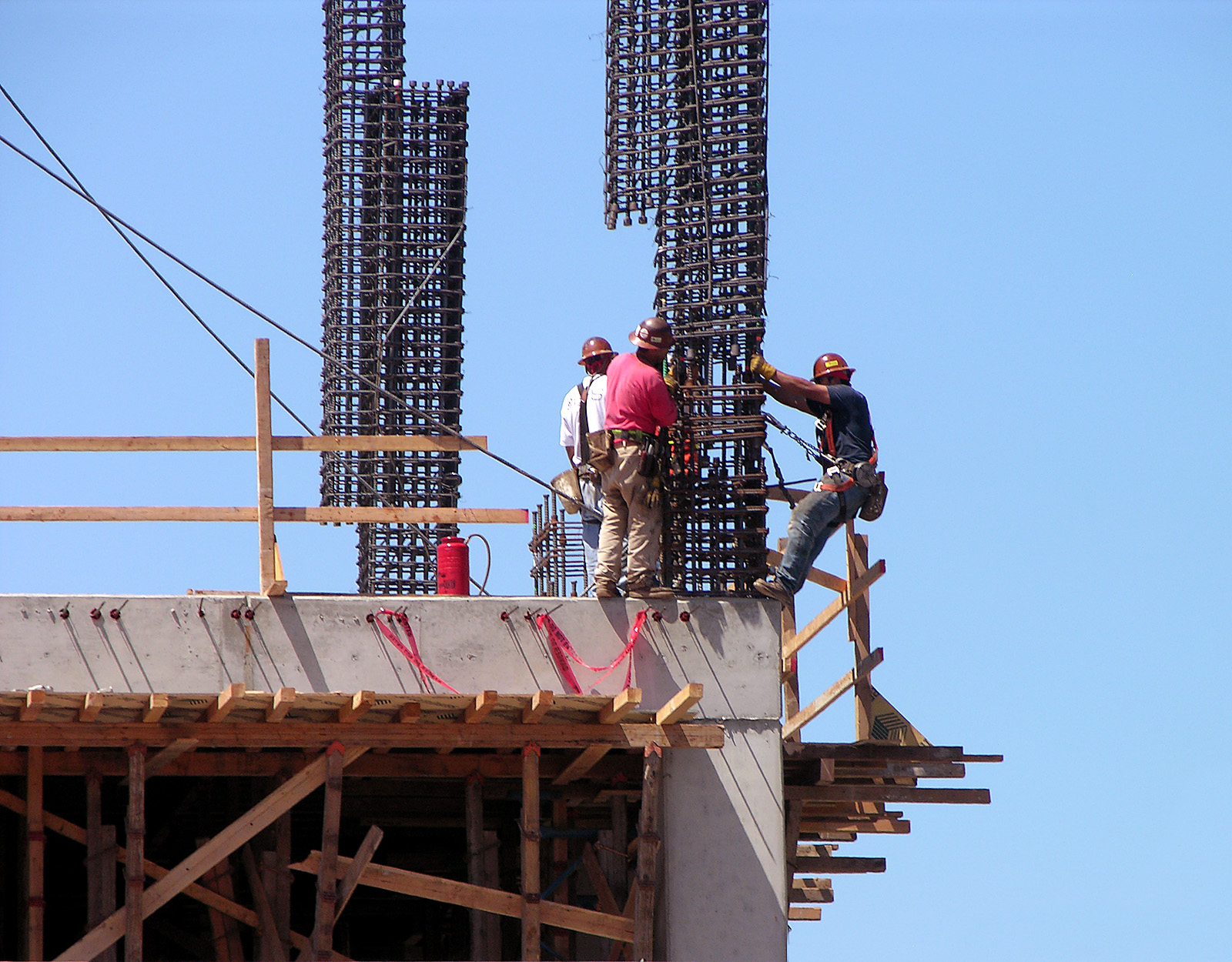Yesterday, Marc Andreessen, one of the more influential Silicon Valley investors, dropped an essay on the Andreessen-Horowitz blog called It’s Time To Build. I read it with a sense of bemusement because, like most things that come out of wealthy elites, and especially wealthy coastal elites (and especially wealthy Silicon Valley elites), it is filled with the myopia that can only come from spending far too much time in a bubble disconnected from what’s going on in the rest of the world.
In short, the main thesis of his essay is that we’ve stopped building “things,” which, in this context is housing and medical devices but can more broadly be interpreted as a loss of civilizational inertia, because we stopped “wanting them.”
He goes on to list a number of reasons he thinks are causing it, from regulatory capture to crony capitalism to a lack of “money” (which he, amusingly, narrowly defines as government spending.) But one thing he never mentions, the one thing that is probably the biggest problem of all, and the one thing that he personally has the ability to fix: lack of access to investment capital and bad incentives set by the investor class.
I agree with Marc’s core statement that we have to want these things. But we do! I desperately want these things! I want America to start building again. I want gleaming skyscrapers, supersonic jets, monorails, and flying cars! We all want these things. I bet that, if you walked into a decaying rust-belt city, you would probably find a lot of people who would agree that we should start building again as well, and they would love to be a part of it.
But wanting these things is not enough. Marc, you and your fellow members of the investment class - the people with the ability to actually make these grand things happen - have to want them too. And as you’ve have cleary demonstrated over and over for the last 25+ years, you don’t.
No, instead you’ve spent the last 25 years funding social media statups and photo sharing apps. How many damn messaging platforms are out there now? I can’t even keep track anymore. For every Uber that gets funded that legit does have a new interesting idea, how many “me too” ideas get funded during the rush of investment capital because everyone wants a slice of the pie?
Access to investment capital is a limited resource, and how that capital is allocated by the investors speaks to their priorities. How many dumb startups have been funded the last 25 years that had zero business plan, zero path to profitability, and produced zero net gain for humanity? How many big ideas haven’t been funded because they couldn’t produce a massive short-term cash-out, either through scale-up growth or through an acquisition?
That way you can move on to the next centrifugal bumblepuppy. But that’s only a symptom of a deeper systematic problem in how we run our society, and it’s a problem that goes back at least 40 years now.
Incentives
The problem starts with incentives. At some point in the early 1980s we as a society decided that having sustainable long-term businesses was not a priority. The most important thing in the world became quarterly profits. Maximizing short-term quarterly profits became American corporate leadership’s sole KPI. So when that became the incentive, we reorganized our businesses and our society at large to meet these incentives.
This continues to this day. The most important 4 weeks in the year as far as global markets are concerned are the 4 weeks a year when quarterly profits are reported. That’s when investors reward or punish companies for meeting or failing to meet these objectives. You can even see it reflected in our language. The phrase “maximizing shareholder value” has become a mantra in the business world repeated with monastic-like religious fervor. It became the overriding objective of every business; making the investors happy, not building a long-term sustainable business or maximizing value to society.
The investor, not the customer, not the employees, and not society at large, became the single most important person in any business. Customers became just a means to an end. An ATM that businesses could hit up for cash to please their shareholders. Employees became a liability, not an asset. We have to maximize shareholer value!
Because of this intense hyper-focus on short-term quarterly profits, America’s CEOs have cut costs at every possible point. They have pursued a workforce with minimal training and no flexibility. They have outsourced their manufacturing to China and other countries and further reduced flexibility by pursuing a “just in time” product chain. Basically, they have pursued as little expense as possible by reducing redundancy in workforce and infrastructure. All because CEOs and other business leaders are reacting to the incentives that you (speaking broadly as investors) have set for them. They do everything on the quarterly calendar.
It is any surprise then that we cannot quickly make ventilators or COVID-19 test kits? That we can’t quickly build hospitals or housing? Forty years ago we might have had that level of flexibility, but we don’t now because we have pursued a cult-like obsession with cutting expenses, offshoring our manufactuing, keeping wages down and keeping our workforce inflexible.
And the downward effect of this obsession with short-term thinking has been crippling, both to businesses themselves and to their workers. Did you know that real wages adjusted for inflation have barely changed in 40 years, while costs, especially for housing, education, and healthcare have massively increased?
Most of us are doing good just to get by in this modern hellscape you (again, speaking broadly as investors) have helped create. And now, you’re castigating the rest of us for not “wanting” these things hard enough? Like just “wanting” them badly enough will cause them to spring into existence like a Star Trek replicator?
Sorry, but you need to take some ownership in what’s happened before we can all start working together to fix this. And a good place to start would be fund people who have big ideas and want to build, even if that payoff might not come for years or decades.
We Want To Build
There are a lot of great ideas out there. You mention supersonic airplanes, guess what, there’s a startup working on that. There are startups working on nuclear fusion. There are a lot of good ideas out there that we would love to work on, but the investor class has spent the last 25 years raining cash on the absolute stupidest of ideas. Many of which, far from creating value for humanity, actively made things worse for many, many people.
Basically, this essay has some good calls to action but does not seem to want to take ownership of the problem that the investor class themselves created. Products are built in response to incentives, and production choices are determined by those incentives, including the incentives made by investors allocating capital. And investment capital has determined that they want short-term massive profits. They have determined that they want messenger apps, social media sites, photo sharing apps and “gig economy” apps.
You want us to build real things? Provide the capital and we will. But until investors show a willingness to start funding some of these big ideas even though they might not have an immediate payout, all this is just a bunch of meaningless words.
So, to Marc Andreessen, I would say this: WE WANT TO BUILD. What we need now is for you (and, by extension, the rest of the investor class) to help. Stop funding stupid startup ideas that aren’t creating any real value for humanity. Start funding real businesses with real business plans that are producing real things that will benefit society, even if it might take them 20+ years to get there. Ignore the quarterly profit incentive. Start thinking long-term instead of how you can cash out in a couple years and move on to the next feelie.
We can’t do it without you. Help us build the society that we both want to see become a reality.



